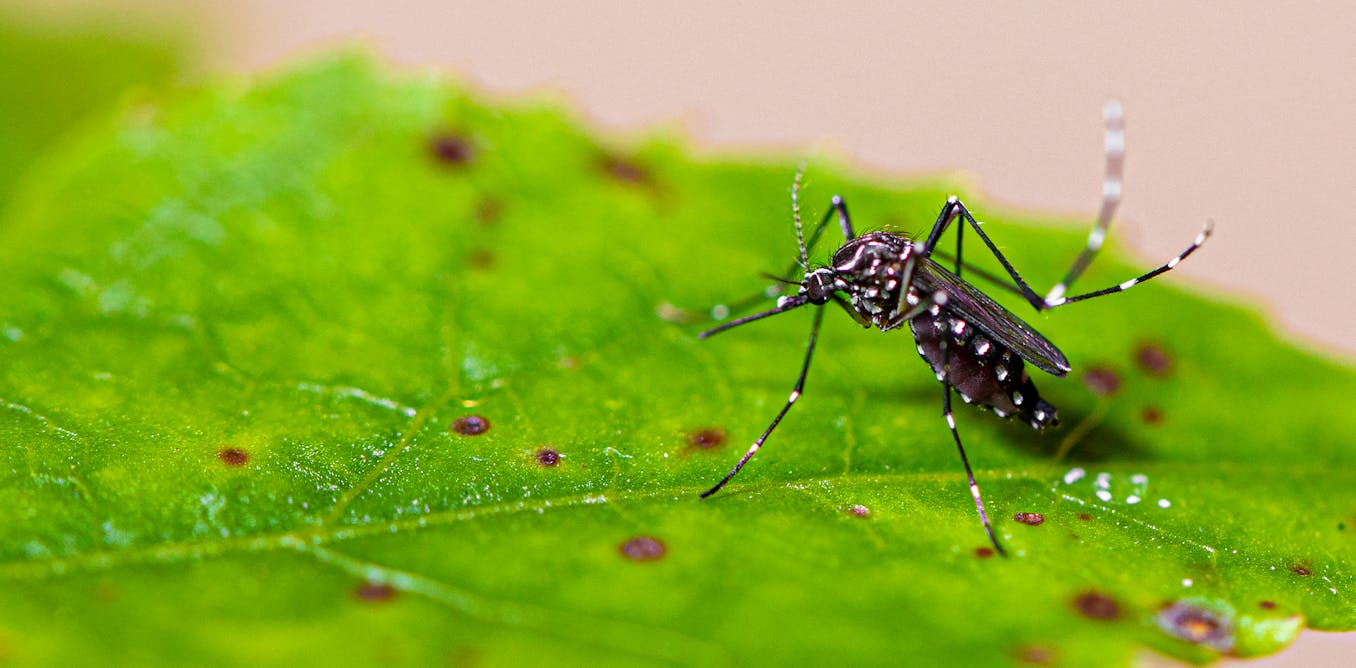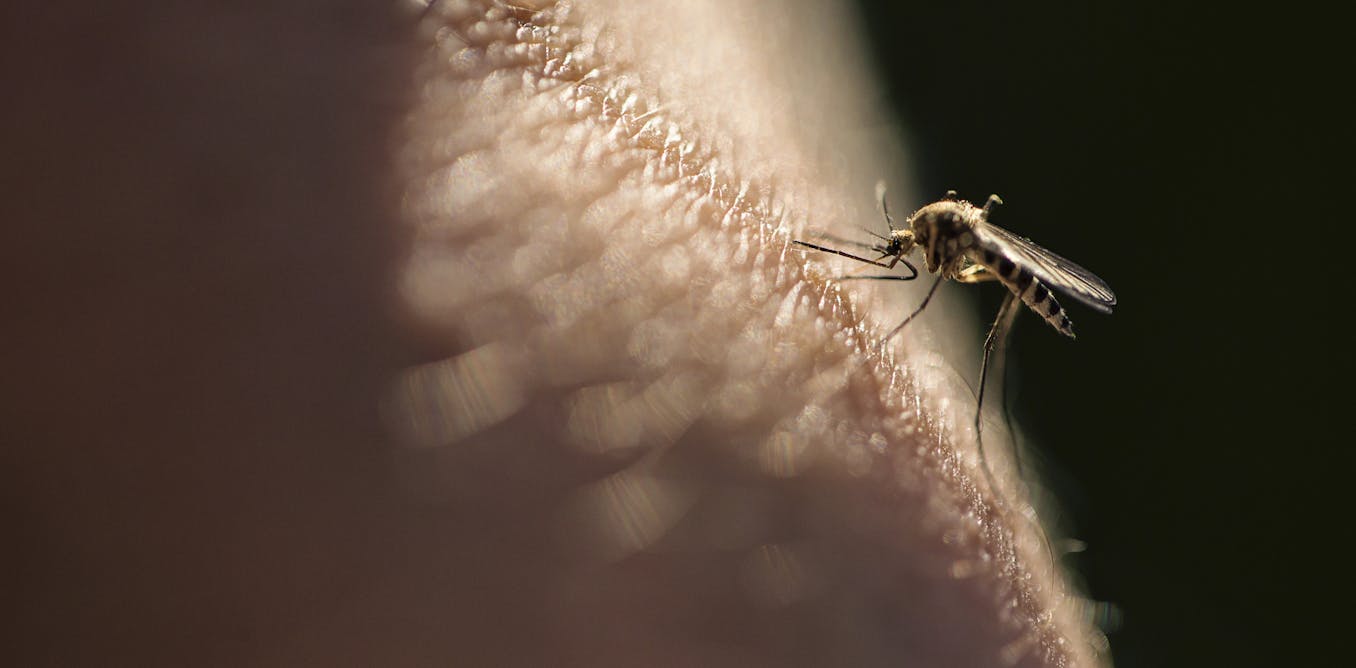Female mosquitoes rely on one another to choose the best breeding sites − and with the arrival of spring, they’re already on the hunt
Female mosquitoes don’t want to lay their eggs alone, but they don’t want sites that are too crowded either. Understanding what guides their choice could inform new control strategies.
March 19, 2024 • ~8 min



